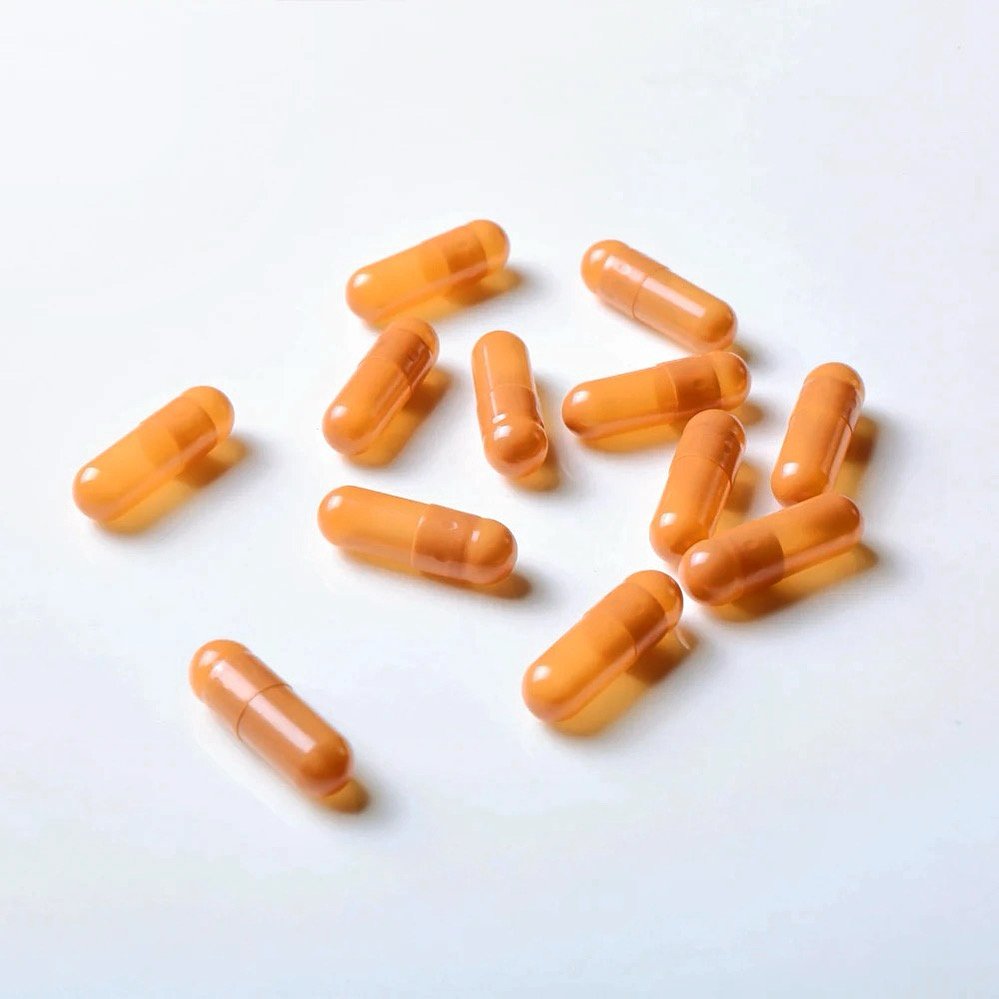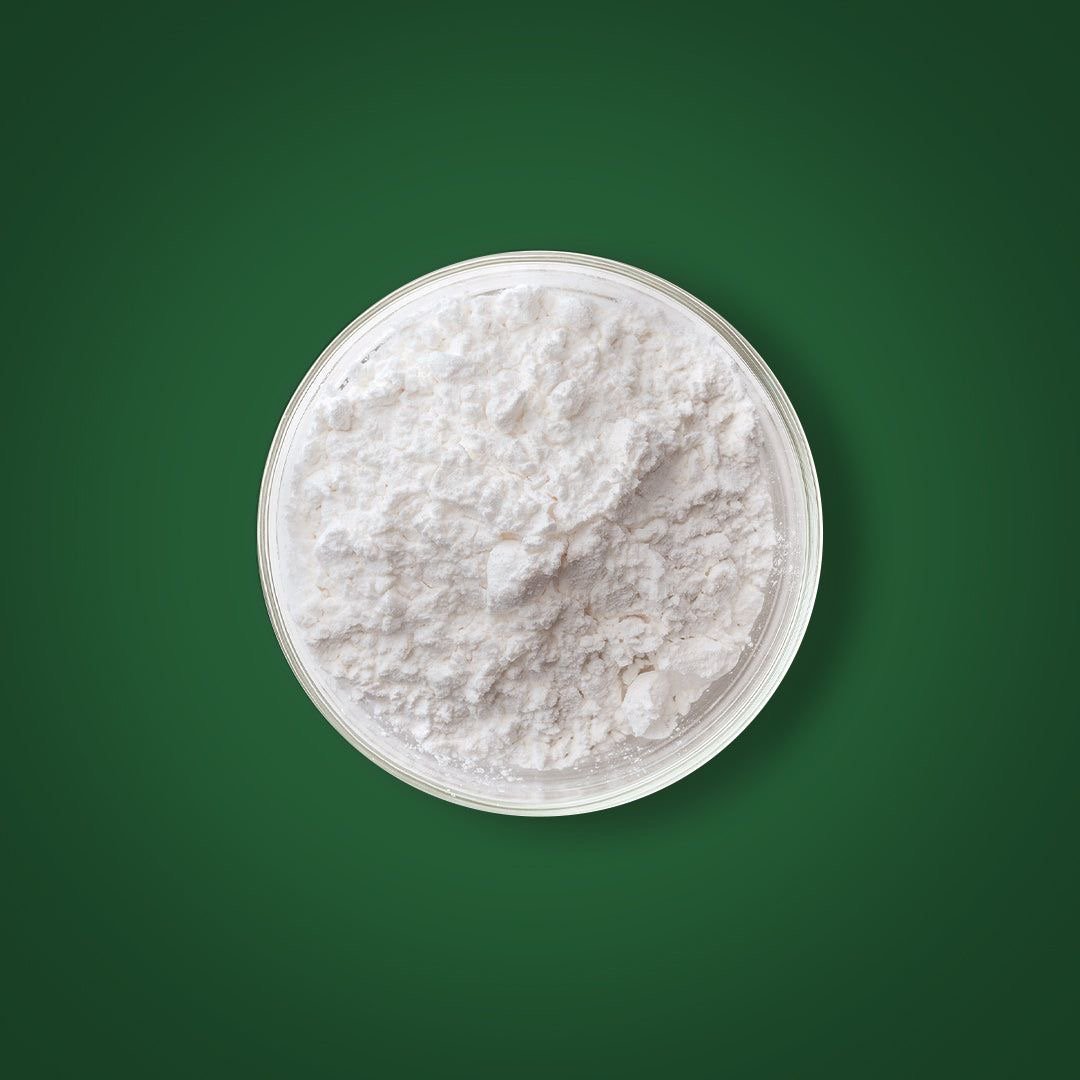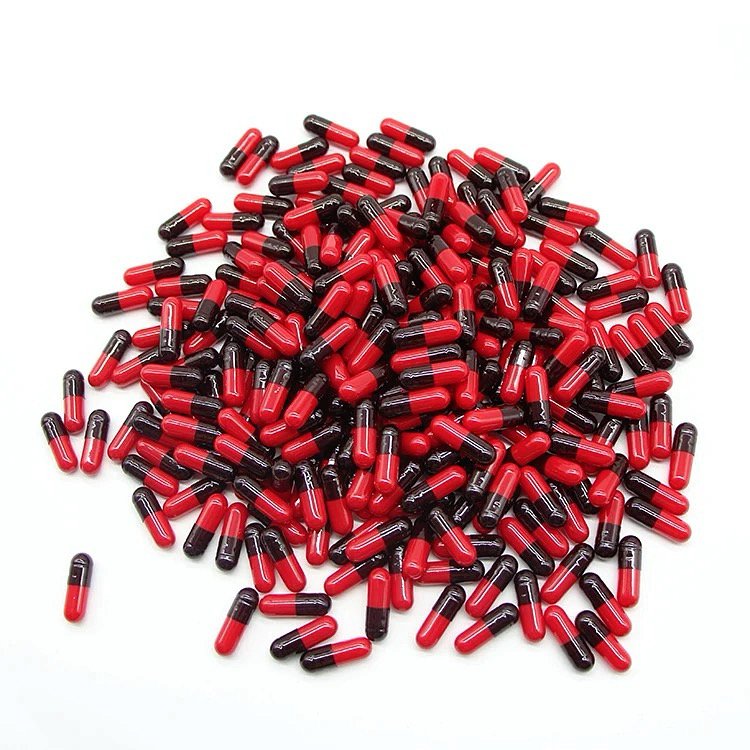
Herbals and botanicals have been utilized for medicinal and nutraceutical purposes for millennia, once regarded as ‘traditional medicine’ practiced by indigenous or ancient communities. Nowadays, herbal medicine is recognized as a significant complementary and alternative medicine (CAM), augmenting modern medical treatments.
Sales of herbal supplements have been on the rise annually over the past decade, and in the recent years they have exceeded $10 billion for the first time. These supplements are the most commonly used form of CAM among both adults and those under 18 years of age.
However, it’s important to note that despite their natural origins, herbals and botanicals are classified as dietary supplements and should be used cautiously, as they can potentially cause adverse side effects.
Understanding Dietary Supplements
Dietary supplements encompass a range of products, including vitamins, minerals, herbs, amino acids, enzymes, and other compounds. These are added to one’s diet to fulfill nutritional requirements or to address nutritional deficiencies.
Such supplements are not substitutes for a balanced diet. They come in various forms, such as pills, capsules, powders, beverages, or energy bars. For additional details on different types of dietary supplements, the fact sheet “Dietary Supplements: Vitamins and Minerals” offers more information.
Herbal and botanical supplements specifically refer to plants used for oral medicinal applications, incorporating parts like the flower, leaf, root, and/or seed. These herbs and botanicals are marketed as dietary supplements and fall under different regulatory standards than pharmaceutical drugs. They are available under names like ‘herbals’, ‘herbal products’, ‘herbal medicines’, and ‘herbal remedies.’ Unlike over-the-counter (OTC) and prescription medicines, supplements don’t undergo the same rigorous testing and are not as strictly regulated by the authorities.
Reasons for Using Herbal and Botanical Supplements
A common belief is that herbs and botanicals, being natural, are safer and more gentle than traditional medications. This is despite the fact that 30% of prescription medications are derived from herbal sources.
Herbs and botanicals are widely used for various health conditions and for enhancing overall health and wellness. For many, their use is rooted in traditions handed down through generations or based on recommendations from traditional healers. The effectiveness of an herbal supplement can depend on its concentration and bioactivity, which can range from “mild” to “potent”. The response time to these supplements can vary; some may show immediate effects, while others might take weeks. Herbal supplements come in several forms, including teas, tinctures, extracts, and capsules, each differing in potency.
Common used Herbal Extracts
Elderberry (Sambucus nigra and S. canadensis)
Main uses and health claims:
- Reduces cold and flu symptoms
Possible side effects:
- If elderberries are undercooked, nausea and vomiting may occur.
What the research says:
- Unripe (green) berries, and stems contain poisonous amounts of cyanide and must be cooked for at least 20 minutes to lose their toxicity.
- Small studies have shown significant reductions in flu like symptoms with elderberry, but to date, no large-scale studies have been done to confirm these findings.
Horehound (Marrubium vulgare)
Main uses and health claims:
- Expectorant
- Hypoglycemic effect
- Reduce duration of colds
What the research says:
- Horehound has been used in traditional medicine in several cultures to treat diabetes. Animal studies show reductions in blood glucose after horehound administration, unfortunately, a human clinical trial showed only a tiny reduction in glucose in a small percentage of participants. More studies are needed.
Cranberry (Vaccinium macrocarpon)
Main uses and health claims:
- Prevention of urinary tract infections (UTI’s)
Possible side effects:
- High doses cause stomach upset and diarrhea.
- May interfere with anti-coagulant medications, warfarin, but studies are conflicting.
What the research says:
- In 2020, the FDA announced cranberry supplements could make claims stating there was “limited” evidence showing reduction in UTI’s in women taking daily specified amounts of cranberry supplements.
- Cranberry has not been shown to be effective in treating active UTI’s.
Turmeric (Curcuma longa)
Main uses and health claims:
- Reduce symptoms of arthritis
- Reduce inflammation
Possible side effects:
- Mild GI distress has been reported, but rarely.
What the research says:
- Studies show curcumin is as effective as pain relievers for the treatment of arthritis. However, larger and more rigorous studies are needed to confirm these findings.
- Not only is turmeric unstable in supplement form, it also is not very bioavailable; both of these attributes may be why the effects of turmeric are varied and hard to study.
- Novel delivery systems of turmeric improve bioavailability and show improved pain outcomes in studies.
Apple Cider Vinegar (CV)
Main uses and health claims:
- Weight Loss
- Blood glucose control
- Cancer prevention
Possible side effects:
- Damage to tooth enamel can occur if liquid ACV is sipped regularly.
- Can decrease potassium levels, so people with low potassium should take caution.
What the research says:
- Apple cider vinegar diets are popular recommendations on the internet, but weight loss studies are inconclusive.
- A systematic review does show a favorable effect for ACV in lowering blood lipids.
Echinacea (Echinacea angustifolia)
Main uses and health claims:
- Reduce duration of colds
- Boost immune system
- Heal wounds
Possible side effects:
- GI symptoms including nausea, abdominal pain, diarrhea, and vomiting.
- Allergic reactions (especially those allergic to the daisy/aster family).
What the research says:
- Evidence shows echinacea can lower your chance of catching a cold but has not been shown to shorten the duration of a cold.
- Wound repair is not supported in the literature.
- Echinacea products are frequently mislabeled or may contain no Echinacea, or contaminated with selenium, arsenic, and lead.
- Do not consume if you have reduced immunity (HIV, lupus tuberculosis), or take medications that may be toxic to the liver (anabolic steroids).
Garlic (Allium sativum)
Main uses and health claims:
- Reduce the risk of heart disease
- Lower high blood cholesterol
- Lower high blood pressure
- Prevent cancer
- Treat athlete’s foot
Possible side effects:
- Safe for most individuals.
- Increase in bleeding.
- Breath or skin odor.
- Possible nausea, heartburn, or diarrhea at high doses.
- Topical garlic can cause skin irritation, blistering and burns.
- Asthma and other allergic reactions are possible.
What the research says:
- Taking garlic can lower blood cholesterol (total and LDL cholesterol), but most results are after at least 8 weeks of consumption.
- Epidemiological studies show that people who consume garlic and other vegetables in the same family are less likely to develop gastric cancer. However, clinical studies do not support this claim, so evidence is limited.
- Garlic has been shown to lower blood pressure in some people, but more studies are needed.
- Fresh garlic is the best form and contains allicin.
- If consuming high doses of garlic, do not take bloodthinning, anticoagulant drugs, ginko, ginger, Panax ginseng, or highdose vitamin E.
- High doses of garlic may decrease the effectiveness of oral contraceptives and other drugs.
- Avoid taking 7 days prior to surgery.
Fenugreek (Trigonella foenum-graecum)
Main uses and health claims:
- Lower blood sugar
- Increase milk supply in breastfeeding women
Possible side effects:
- Fenugreek should not be taken by pregnant women, it is linked to birth defects.
- Possible side effects are GI upset, and, rarely, headache and dizziness.
What the research says:
- Small studies and two meta-analysis (2014 & 2016) show that Fenugreek supplementation decreases in fasting blood glucose and HbA1c in people with pre-diabetes and T2D. However, larger and higher quality randomized studies need to be conducted before this correlation can be confirmed.
- Studies show conflicting results on the effect Fenugreek has on breastmilk production.
Wheatgrass (Triticum aestivum)
Main uses and health claims:
- Mitigate chemotherapy effects
- Prevents cancer
Possible side effects:
- Nausea, especially if taken after meals.
- Wheat grass is high in Vit K, so care should be taken in those on anticoagulant medication.
- Headaches
- Pregnant women may avoid raw wheat grass juice because of possible bacterial or mold contamination.
What the research says:
- Small studies have shown wheatgrass reduces vascular damage during chemotherapy, another study showed a reduced risk of eukemia in rats fed wheat grass. Wheat grass has been shown to be antioxidative, but larger studies are needed before use is recommended for cancer prevention.
Ginger (Zingiber officinale)
Main uses and health claims:
- Prevent motion sickness
- Reduce morning sickness
- Reduce mild nausea
Possible side effects:
- Well tolerated when used in small doses.
- High doses may cause abdominal discomfort, heartburn, diarrhea
What the research says:
- Ginger can reduce nausea but the effect seems to be limited to very mild cases, and not to motion sickness.
Regulatory Oversight of Herbal Products
The standardization of herbs is not consistent, leading to variations in dosages across different herb capsules and products.
Active components in herbs can differ based on the part of the plant used (such as the flower, root, seeds, nuts, bark, or branch), its form (dry, extract, tincture, or tea), and the species of the plant. Some herbal products might contain impurities like lead or have less active ingredients than what’s stated on their label.
If a manufacturer adheres to specific extraction or drying procedures, they may label their products with the United States Pharmacopeia (USP) or Natural Formulary (NF) designation. This label does not guarantee dose uniformity or product safety; it simply confirms that the product was manufactured correctly and contains the listed ingredients.
Consumer Lab (CL) offers the most stringent certification. CL independently tests products for identity, potency (accurate labeling), purity (absence of contaminants), and consistency (maintaining the same quality in every batch). Products meeting these criteria are awarded the CL seal of approval.
Manufacturers of dietary supplements are mandated by the FDA to comply with ‘good manufacturing practices’ (GMPs), intended to ensure the purity, potency, and composition of their products. However, the FDA does not frequently inspect companies for GMP compliance. Consumers should look for companies that demonstrate transparency by batch-testing their products with third-party testers and publishing the results on their websites. Comprehensive third-party testing should include microbial testing, verification of bioactive levels, and checks for heavy metals.
Do Herbals and Botanicals Offer Effective Benefits?
Current studies suggest limited health benefits from using herbal and botanical supplements, with no definitive proof that they should be used for treating or preventing any medical conditions. Nonetheless, there is sufficient evidence to justify their cautious use under medical supervision. While research in this field is expanding, the precise short-term and long-term effects, risks, and active or beneficial components of these supplements are largely unknown.
Under federal regulations, herbs cannot be advertised as having the ability to prevent, diagnose, treat, or cure any diseases or conditions. They are allowed to make general claims about their impact on the body’s structure or function, or overall well-being. However, this broad definition often leads to ambiguous and potentially misleading health claims.
It falls to the consumer to assess the credibility of these claims and steer clear of products with deceptive or false assertions.
Is it Safe to Use Herbs and Botanicals?
While many herbs are generally considered safe, certain ones can pose risks, particularly for children, pregnant women, or individuals with existing health conditions and illnesses.
Herbals and botanicals can interfere with various other substances, including prescription medications, over-the-counter drugs, and even vitamins and minerals. For instance, combining ginkgo with ibuprofen might increase the risk of bleeding. Similarly, high doses of garlic could amplify the effects and potential side effects of blood thinners and antiplatelet medications like aspirin, clopidogrel (Plavix), enoxaparin (Lovenox), among others.
Herbs, although sometimes used for purposes similar to drugs, are not regulated as stringently. It’s advised not to use herbs as substitutes for medical treatments or conventional medicines in managing chronic conditions like severe depression, diabetes, hypertension, or heart disease. Their use is generally not recommended for those with weakened immune systems, kidney or liver issues, individuals preparing for surgery or invasive procedures, pregnant or breastfeeding women, and children under six years old. Elderly individuals, who often take multiple medications, should consult with their doctors before beginning any herbal supplement.
Previously, the FDA had a “Poisonous Plant Database” listing toxic botanicals occasionally found in supplements. This database was retired following critiques that it included plant compounds tested in isolation, not as they appear in natural foods or supplements, and that some listed botanicals were only harmful to grazing animals.
Looking for specific Herbal Extracts or any other Raw Materials to enhance your production process? Reach out to our team to inquire about our current inventory in The Netherlands at info@forefront-nutraceuticals.com




